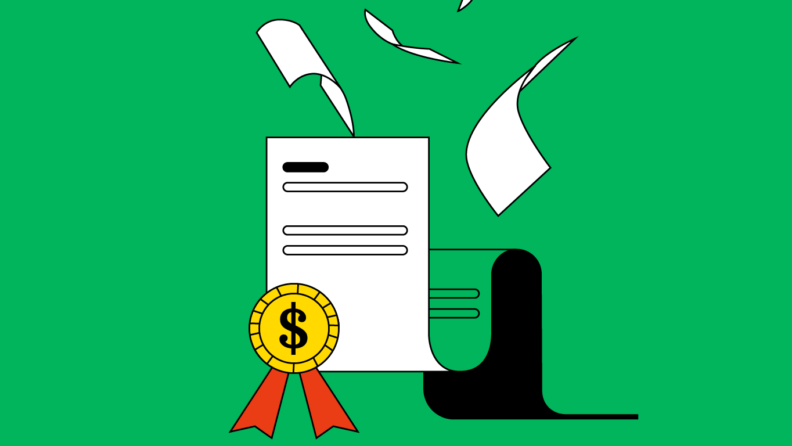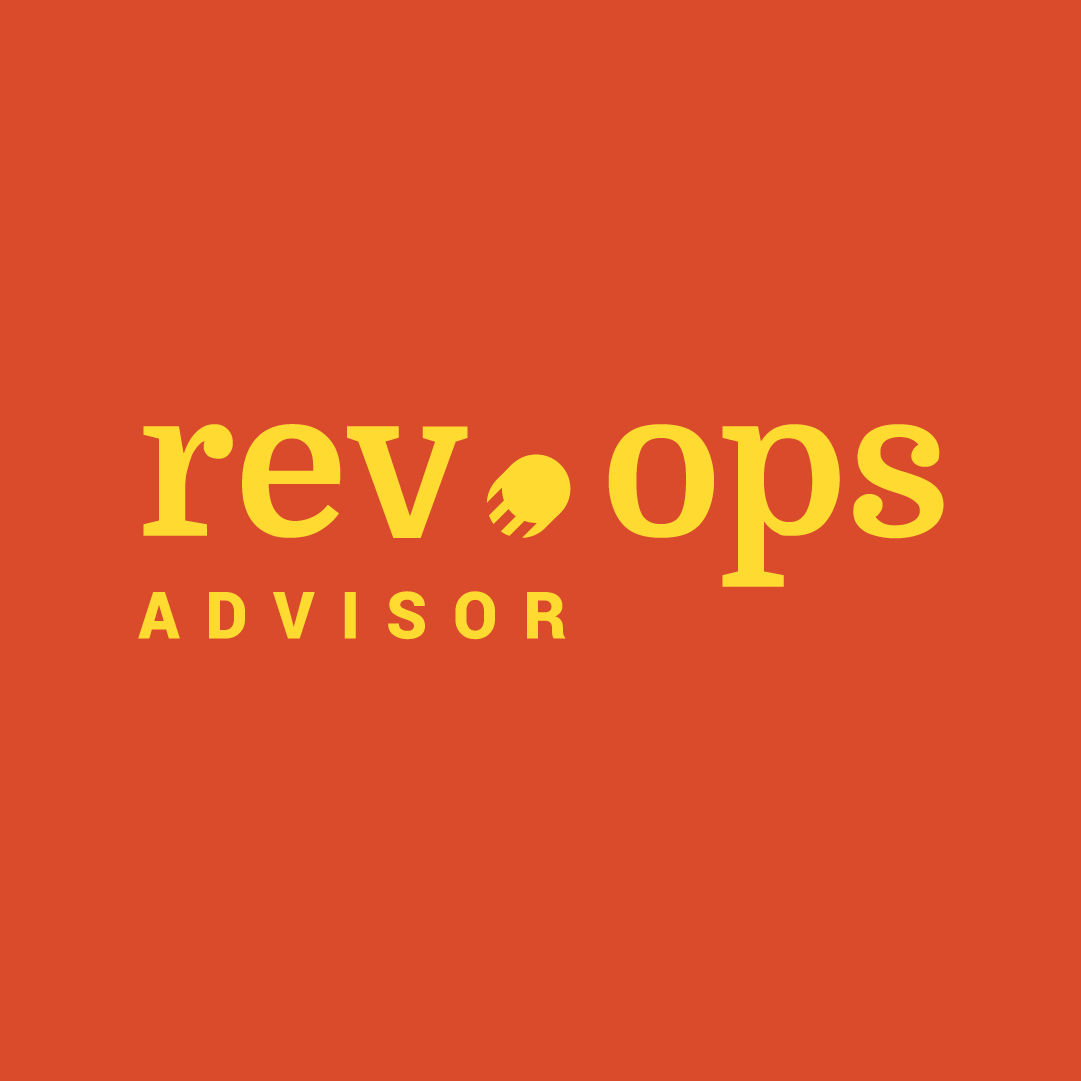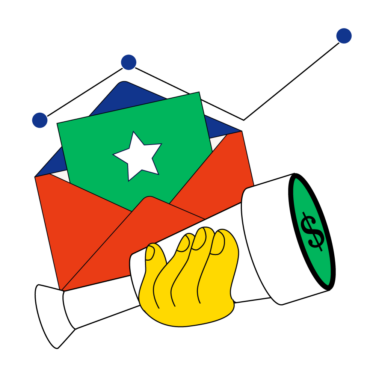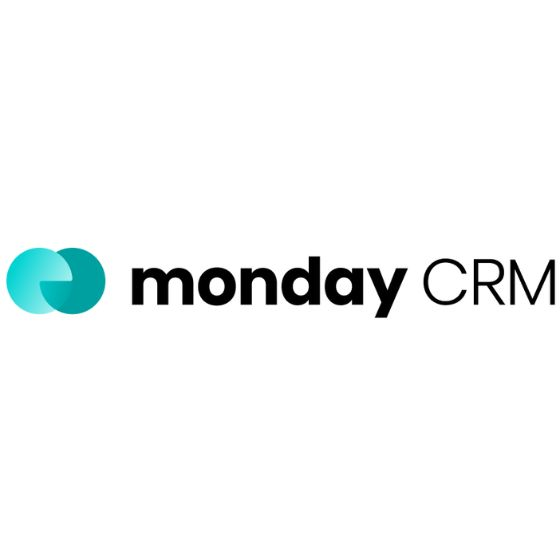A CRM, or customer relationship management system, is a software that helps businesses manage their customer data. It can track customer interactions, as well as sales and marketing activities.
When you're shopping for a CRM, it's important to consider the features and integrations that are important to you, as well as the pricing. CRMs can cost anywhere from being absolutely free to costing tens of thousands of dollars a month, so it's important to do your research and find the CRM that fits your needs and your budget.
In this guide, I'll walk you through a few basics about CRM pricing and the factors to consider when making the decision to purchase one.
What Is a CRM?
A CRM is an essential tool for any business that wants to keep track of its customers and their interactions with the company. It can help businesses better understand their customers' needs and wants and help to create more personalized interactions with them.
What Are the Benefits of Using a CRM?
So why would you want to buy a CRM? There are many benefits to using a CRM, including increased sales, better customer service, and improved marketing efforts. CRMs also make it easier to manage your business operations.
The data you store in a CRM is used to create customer profiles, which gives you a better understanding of who your customers are and what they need from you. This, in turn, helps you deliver better customer service and increase sales.
CRM Example: Ceros implemented HubSpot as their CRM, aligning the sales and marketing team for impressive results:
- Increased deals from open meeting opportunities by 180%
- Improved lead quality with 18%+ average SQL growth
- Reduced lead response time to under 5 minutes
You can also use the data collected by the CRM to create targeted lists of customers and send them customized messages. You can also track the success of your marketing campaigns and see which ones are most effective.
Examples of CRM Software
So now that you understand what a CRM is, it's time to take a look at some examples of CRM software on the market.
-

Pipedrive CRM
Visit WebsiteThis is an aggregated rating for this tool including ratings from Crozdesk users and ratings from other sites.4.3 -

CRM Creatio
Visit WebsiteThis is an aggregated rating for this tool including ratings from Crozdesk users and ratings from other sites.4.7 -

monday CRM
Visit WebsiteThis is an aggregated rating for this tool including ratings from Crozdesk users and ratings from other sites.4.6
Some of the more popular ones are Salesforce, which is considered to be an enterprise CRM, and HubSpot. Then there's Zoho CRM, which is more affordable and tends to be used by small businesses.
Microsoft Dynamics CRM is a popular choice for larger businesses and SugarCRM is a good option if you're looking for an open source CRM.
Infusionsoft is a popular CRM for small businesses that are looking to grow their sales. While Salesforce and HubSpot are the biggest names in the CRM space, there are plenty of other options to fit your budget and business needs.
Need expert help selecting the right CRM Software?
We’ve joined up with Crozdesk.com to give all our readers (yes, you!) access to Crozdesk’s software advisors. Just use the form below to share your needs, and they will contact you at no cost or commitment. You will then be matched and connected to a shortlist of vendors that best fit your company, and you can access exclusive software discounts!
How Much Do CRMs Cost on Average?
There are many different CRM software options available, both free and paid.
There are a variety of CRM options available, from inexpensive standalone software to more expensive enterprise-level systems.
The most expensive enterprise CRMs can cost tens of thousands of dollars per year. However, there are many affordable CRMs available that cost less than $100 per month, and several have free CRM software plans that come with limitations.
| Tool | Best For | Trial Info | Price | ||
|---|---|---|---|---|---|
| 1 | Pipedrive CRM Pipedrive CRM provides a clear and interactive overview of the entire sales process, allowing users to track leads and deals as they move through different stages. | Best for sales pipeline visualization | 14-day free trial | From $14/user/month (billed annually) | Website |
| 2 | CRM Creatio CRM Creatio allows businesses to deliver personalized customer experiences by providing full visibility into the customer’s profile. | Best for no-code CRM automation | 14-day free trial | From $25/user/month | Website |
| 3 | monday CRM Get an overview of your sales pipeline, including the progress of each lead. | Best for managing your entire sales cycle | 14-day free trial | From $12/user/month (billed annually, min. 3 seats) | Website |
| 4 | Best customizable CRM | 14-day free trial | From $25/user/month (billed annually) | Website | |
| 5 | Capsule Capsule CRM is a cloud-based customer relationship management platform designed for small to medium-sized businesses. | Best for smart, simple CRM solutions | 14-day free trial + free plan available | From $18/user/month (billed annually) | Website |
| 6 | HubSpot CRM Use the dashboard to manage your pipeline and close all your deals. | Best for integrating with current systems | Free plan available | From $15/user/month (billed annually) | Website |
| 7 | MRPeasy View the status of your customer orders in MRPeasy's centralized dashboard. | Best for small manufacturers | 30-day free trial | From $49/user/month | Website |
| 8 | Streak Get a basic overview of deal information and conversations inside Gmail. | Best for implementing a CRM in Gmail | 14-day free trial | From $49/user/month (billed annually) | Website |
| 9 | Zendesk Sell Get an overview of every interaction related to a specific contact, lead, or deal. | Best for increasing sales efficiency | Free trial + free demo | From $19/user/month | Website |
| 10 | Keap Keap's CRM allows businesses to keep track of customer interactions and data in one place. | Best for automated follow-ups | 14-day free trial | From $249/user/month (billed annually) | Website |
What Factors Should I Consider When Comparing CRM Pricing?
1. What CRM features do I need?
Some CRMs offer basic features like contact management and lead tracking, while others offer more robust features like project management, sales pipeline tracking, and CRM reporting. Make sure the CRM you choose has the features you need to run your business effectively. You can use this CRM scorecard template to compare vendors against your criteria.
2. What integrations do I need in my CRM?
If you're using a lot of different software to run your business, make sure the CRM you choose integrates well with all of them. Otherwise, you'll be wasting time manually entering data into multiple systems.
3. What's the size of my business?
Larger businesses will likely need a more expensive enterprise CRM, while smaller businesses can get away with a less expensive CRM.
4. What is the cost of CRM implementation?
If you have an in-house RevOps team, the implementation cost can be the time the team spends setting up the system, integrating data, and training the team. If you outsource implementation, additional costs will be paid to the agency or third-party consultant.
5. How often do I need to upgrade my CRM?
Some CRMs offer free upgrades for a certain period of time, while others charge for upgrades. Make sure you're aware of how often you can upgrade your CRM and how much it will cost you.
Before purchasing a CRM, it's important to consider what you need it to do. Here are some things to think about:
- What features are important to you?
- What integrations do you need?
- How many users will need access?
- What's the total cost of ownership?













